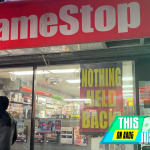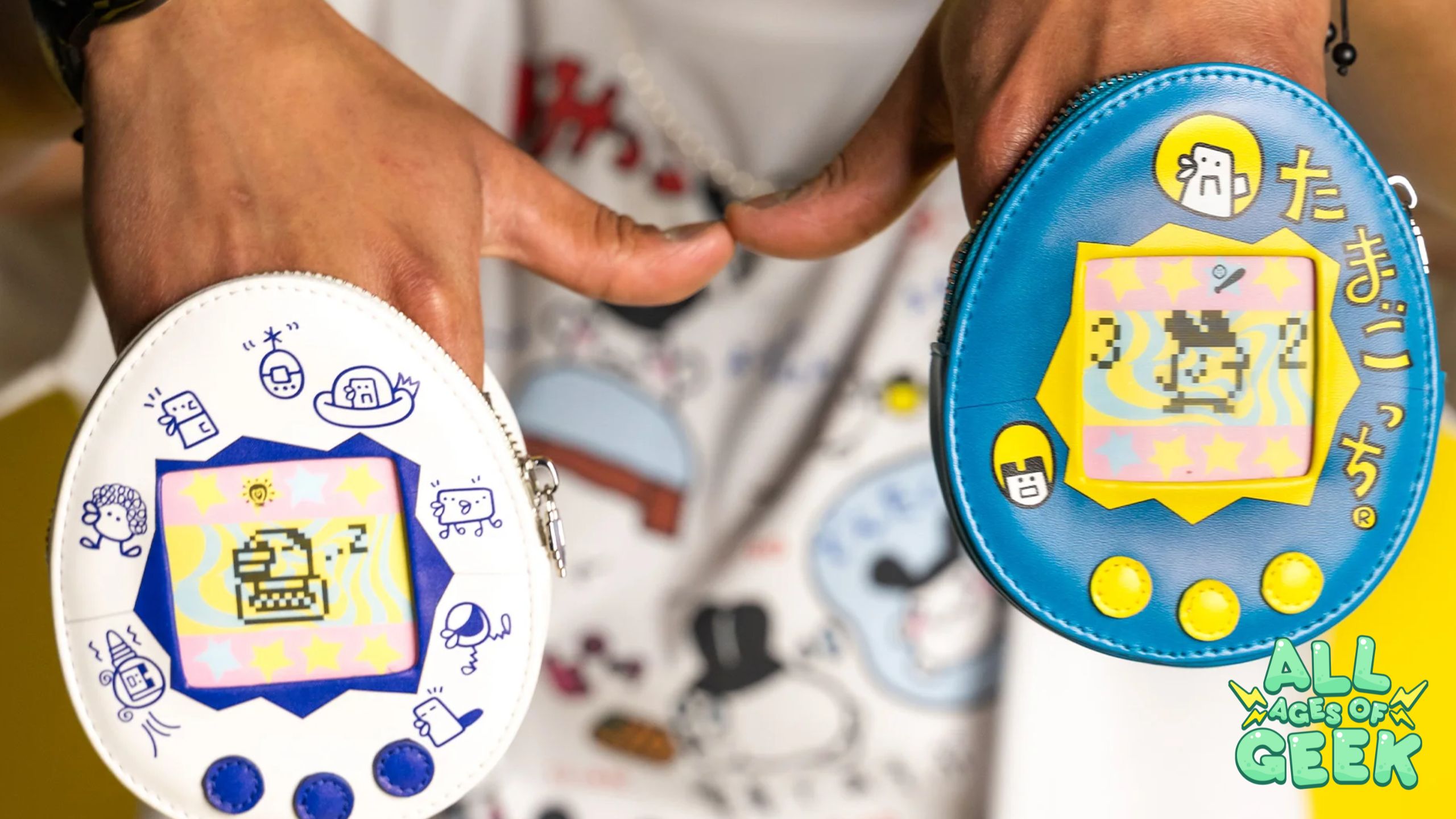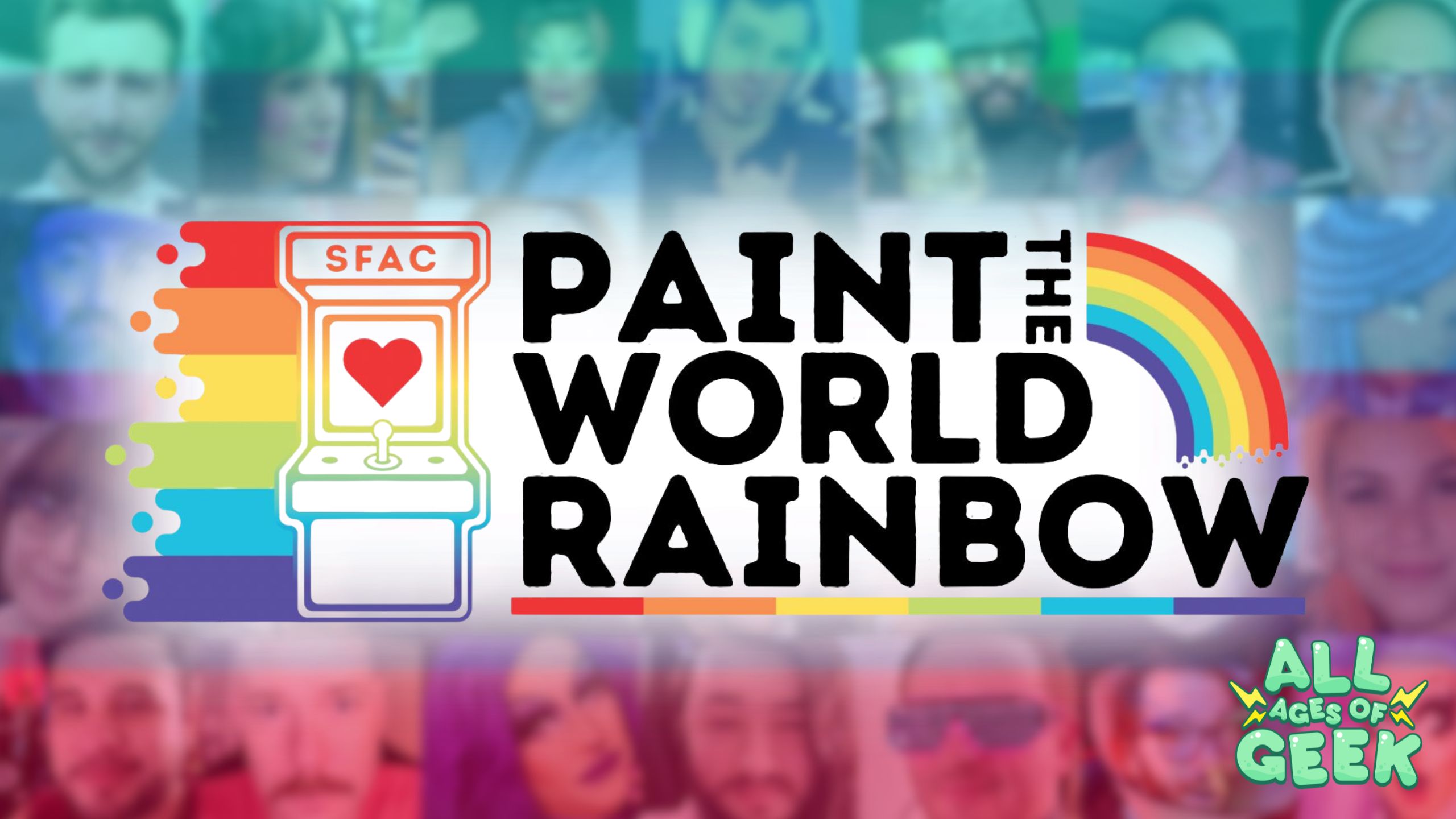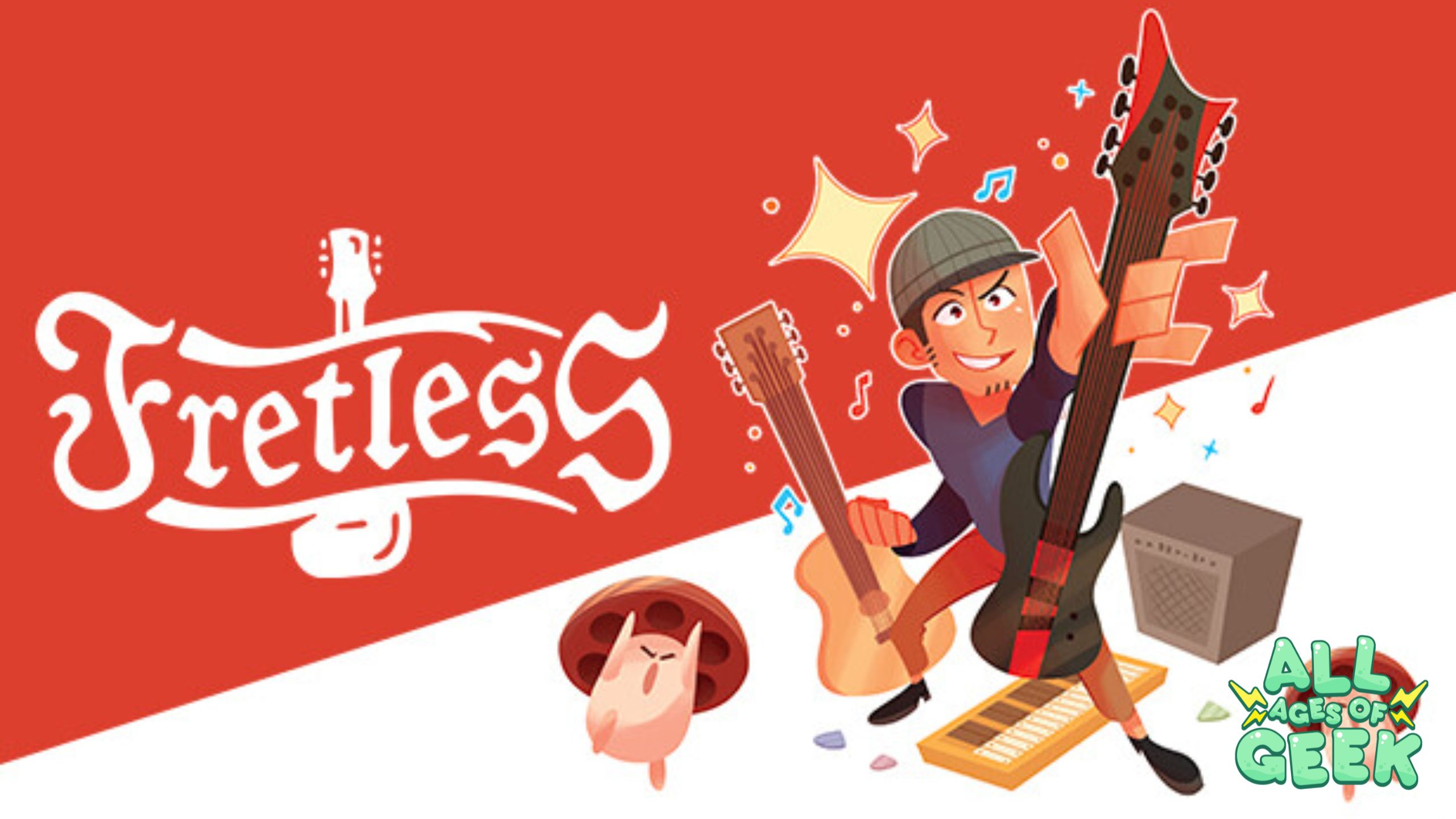It was mere weeks ago that Sony treated the gaming world to their first extensive look at the PlayStation 5, although in a virtual presentation rather than the more in-depth experience originally planned for E3. Sony held a Livestream event that showed off the console’s design and specifications, as well as new features for the Dualsense controller and a number of game trailers that had fans buzzing with excitement. But what perhaps had the most impact on the gaming industry was the announcement that the PS5 would be available in two models at launch: The Standard Edition and the Digital Edition.

The PS5 Digital Edition is expected to be virtually identical to the Standard Edition in terms of specifications and hardware, though it will lack the addition of a 4K Blu Ray disk drive. Sony is not the first to experiment with the idea of a diskless console, as Microsoft released the XBOX One S All-Digital Edition in May of 2019. Unfortunately, the system was shortly discontinued after poor sales, mainly because it lost the one feature the XBOX One had over the PS4: A 4K video disk drive. Furthermore, the XBOX One All-Digital Edition was priced at just $50 less than the standard XBOX One S, leaving gamers no real incentive to opt for the underwhelming bargain. The PS5 Digital Edition will reportedly be around $100 cheaper than its standard counterpart, suggesting Sony has learned from their main rival’s mistakes.
The biggest consequence of sacrificing a console’s disk drive is that only games and video purchased digitally can be played on the system. Buying games digitally is nothing new to gamers, as it has become the norm for most console owners since the release of the PS4 and XBOX One. The huge advantage of owning a game digitally is that you don’t have to worry about scratched or fractured disks, not to mention the removal of the age-old dilemma of getting up from your comfy seat on the couch to switch between games. For most people adapted to living in the modern world, digital game ownership is a far more convenient experience. But if it becomes the only option, will it remain as such?
When console owners wish to buy a digital copy of a game, the only source they can go to is that console’s digital marketplace. This means that the PlayStation Store, the Microsoft Store, and the Nintendo Game Store unreservedly dictate the prices of the digital software for their systems. For PC gamers who made the switch to all-digital libraries years ago, there are several sources for making purchases, though most use the popular service Steam. With the three major video game companies controlling the market for their digital games, stores like Gamestop, Best Buy, Target, and Walmart are still the premier sources for games on disk. With the trend moving towards gamers preferring a fully digital experience, it could pose big implications for any stores still selling physical copies of games. Target and Walmart are large department stores that can survive without these sales, but stores like Best Buy rely heavily on selling video games while Gamestop relies on it entirely. The world’s largest video game retailer, Gamestop has already begun to feel the repercussions from the eighth generation of consoles’ lasting legacy. With the demand for games on disk at an all-time low, the company has seen its stock plummet and many believe it to be on its way towards bankruptcy.
/cdn.vox-cdn.com/uploads/chorus_image/image/66106355/Image_from_iOS.0.jpg)
Something that had been known before Sony’s Livestream was that the PS5 will be a backward-compatible console capable of playing PS2, PS3, and PS4 games. The return of a backward-compatible PlayStation excited many fans who had held onto the disks of their favorite games from past generations, especially since the PS4 totally abandoned the feature (knowing there was more money in remasters and remakes). Tests are being run for thousands of previous-generation titles on their ability to run on the PS5, suggesting that many games that have spent years collecting dust on the shelf might still have some value to them. However, any potential goldmine of retro games would require a Standard PS5 to cash in on. With it lacking a disk drive, the PS5 Digital Edition would see little to no benefit from any of these backward-compatibility features. This creates a glaring subtraction from the PS5 Standard Edition that won’t show up on any spec comparisons.

Sony will reportedly not be the only company offering both a standard and digital model of their ninth-generation consoles. A recent leak from a secret Microsoft event suggested that the upcoming XBOX Series X will be accompanied by a diskless counterpart similar to the XBOX One S All-Digital Edition. However, rumors indicate that Microsoft has adjusted its business plan regarding price and that the new digital XBOX, believed to be called the XBOX Series S (working under the codename Lockhart), could be up to half the cost of the standard model. The XBOX Series X is estimated to launch at around $400, meaning that if the digital model is around $200 it could create some major appeal given the current economic landscape.
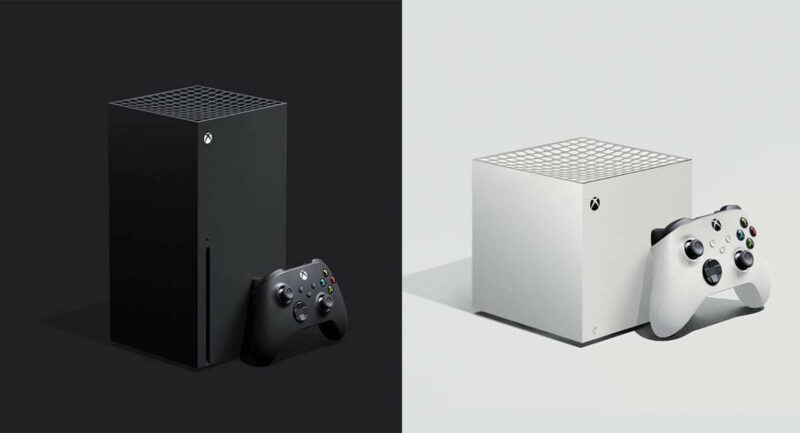
Looking even further into the future, if fully digital gaming systems were to become the new norm it would allow Sony, Microsoft, Nintendo, and any other company wishing to get involved in the console race to exclusively control the market for their entire gaming library. Stores like Best Buy and Gamestop often do independent sales where they will offer games on disk at a significantly cheaper price than that of the digital store. These kinds of finds would become rare or even nonexistent to gamers if stores like Best Buy decided to stop selling games or stores like Gamestop fold completely. It would also eliminate the secondhand market, preventing people from selling games after they have grown tired of them. This seems smart in regards to a business strategy for gaming companies but comes off as petty and borderline despotic to consumers. In the PS4/XBOX One era, digital games have already made it hard for gamers to let friends simply borrow titles they have played through, one of the greatest perks of owning games on disk. Not much has been said on if the next generation of consoles will grant gamers more liberties with reselling and lending out digital games, despite a modest outcry for such features. Even so, if other stores abandon selling video games in the near future, Amazon would likely remain the one consistent source for games on disk; however, it would allow Amazon to maintain their own stranglehold on the prices for physical copies of games. This would put a severe limit on the number of cheap games that become available to patient gamers through consistent sales held by retailers.
The ugly truth of it all is that the PS4, XBOX One, and Nintendo Switch were designed in-part to turn gamers away from disks and onto their own digital marketplaces. With purchasing games digitally becoming the easiest way to own software, it has begun to render games on disk as obsolete. The only role a disk should serve is to install the game, but copyright reasons make it so that the disk is needed each time to run the game altogether. Nintendo even reverted back to tiny, extremely losable cartridges for the Switch, making it so the only logical option is to buy a digital copy of a game. Unfortunately, gamers will always be at the mercy of what consoles, developers, and publishers make available to them, and before long we could be living in a world where games on disk are no longer a viable option.


